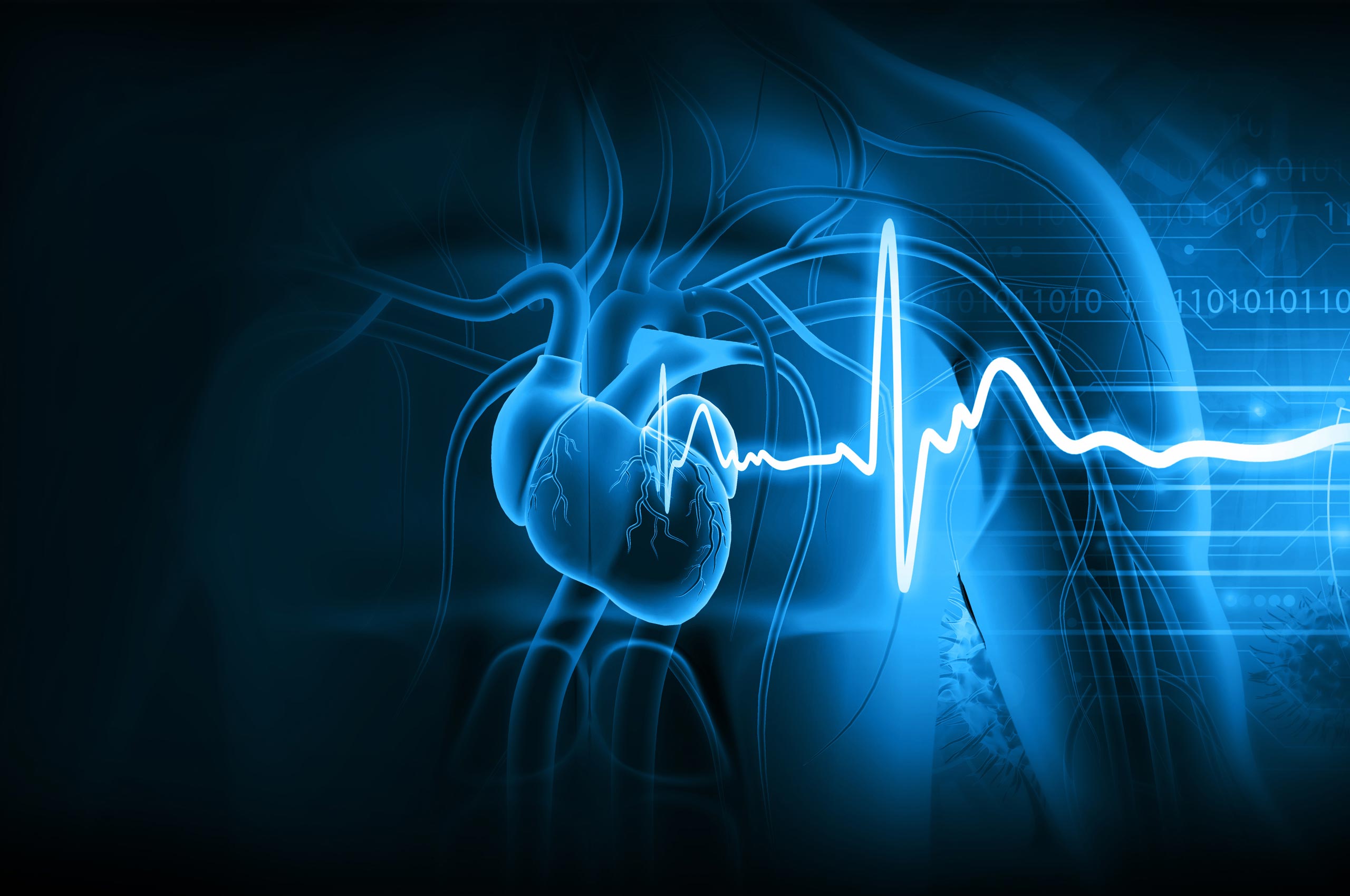Cardiac Disease Mechanisms Research

This team seeks to understand the cellular and molecular mechanisms which drive heart diseases.
This team seeks to understand the cellular and molecular mechanisms which drive heart diseases. We examine the underlying causes and pathological consequences of cardiac rhythm and relaxation irregularities (arrhythmias and diastolic dysfunction respectively) and heart attacks (myocardial infarction), and how these may differ in men and women. The overall goal is to validate novel molecular targets that advance sex-specific preventative therapies for aged and obese populations at risk of developing heart disease.
The Division has two primary research themes:
- the pathological influence of ‘heart fat’ as an emerging mediator of heart disease
- the role of sex and sex steroids in determining heart health
We use our extensive expertise in in vivo, ex vivo, in vitro and molecular methodologies to undertake this research. Our work is further supported by ongoing pre-clinical and clinical collaborations developed both nationally (University of Melbourne, Macquarie University) and internationally (University of Birmingham, UK).
Current Research Projects
We have recently demonstrated the detrimental effect of heart fat on surrounding heart muscle and function. Our research has begun to identify the chemicals released from the heart fat, and understand the impact they have on heart rhythm.
Our team is investigating the link between heart fat and the ability of the heart to relax. Poor relaxation (diastolic dysfunction) disrupts heart function and can lead to cardiac failure and death. Critically, there are no effective therapies available for this condition. Using our knowledge of the effect of heart fat on heart rhythm, we hope to understand how this also affects muscle cell relaxation and changes in heart structure that lead to ‘stiffening’ of the heart.
Cardiovascular disease is the leading cause of death for women, with prevalence greatest post-menopause. Menopause is accompanied by significant visceral fat gain, cardiometabolic disturbances and higher risk of death. Recent trials indicate a link between heart fat, menopause and reduced hormone levels. Our team are now conducting further research to determine whether sex is a contributing factor to heart fat-driven rhythm and relaxation abnormalities. This work will uncover whether different approaches should be taken to diagnosis and treatment of cardiac patients depending on their sex.
Team members
- Dr Jim Bell (Division Head)
- Dr Hanneke Raaijmakers
- Ms Sarah Hayes (PhD Student)
